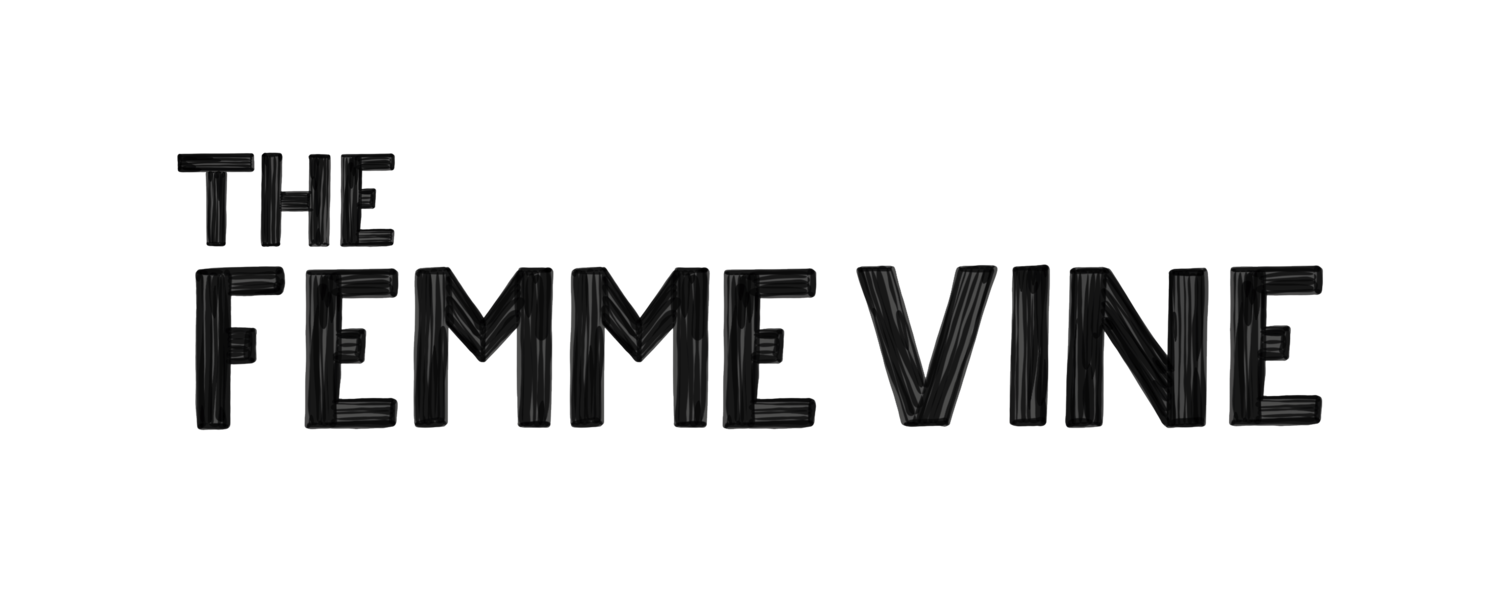Behind the vine
Connie Schwaderer - Schwaderer Wines & Kimbao - Chile
When do you think you fell in love with wine, enough to make a career of it?
My first knowledge of wine was at home. My grandfather and father drank wine, and on vacations I would taste wine with them. So it has an emotional history to me, to share a glass of wine with your dad - it’s a moment when you start feeling more like an adult.
When it came time to pick what I would study, I always wanted something that would help me move around and not get stuck in an office. I studied engineering in Agronomy - and then specialised into wine-making. I saw it as a place to leave something more personal in the final product. You imprint your style into your wine.
I traveled and did a few harvests in Oregon and Australia and from the first moment, I fell in love. I never had a doubt that this was what I wanted to do for the rest of my life. Working with wine is a dynamic job because you’re working with something that's alive - in constant movement and change and development, and it has viticulture. You have to be in the vineyard, with the grapes. And the social part - you have to sell it, tell about your wines. It's very interesting to have all these different components.
What story does your wine tell?
Our wines talk about where they come from, the varietal they are and about enjoyment. When I make wines, I want people to have pleasure. I focus on making the wine rico - nice to drink. It's not about concentration or being overly elegant, it depends on each varietal and each case. I'm always looking for wines that are expressive and have character. Ah this is Carignan - the nose, the flavour. It has to show its character.
My main motivation is when I blend. Because it's not just about vinification. The way you blend with different components, you can make a difference in wine - it's magic. At the beginning you don't think 1% can’t make a difference, but it does! We always need to make new things, different things, uncommon things. In winemaking, 1+1 doesn’t always equal 2, - it’s always a surprise. So you need to use what you know from many places to develop new things. After all, wine is about the world.
“Working with wine is working with something that's alive - in constant movement and development”
— Connie Schwaderer
What misconceptions about wine do you think people should forget?
The weight of the bottle - that the heavy bottle is the best wine - that just doesn't make sense. You have to know more about what's inside than how it feels in your hand.
The idea that you have to pay a lot of money to have a nice wine. I'm not happy with small producers that charge a lot for their wines. If you don't produce much you have to make money, but sometimes it's disappointing when you pay a lot but the quality isn't good. We need to be conscious of that.
And corks vs. screw caps! Screw cap or technical cork doesn’t mean cheap or bad quality wine.
What great things about wine do you think people should remember?
Wine is to enjoy - with friends, in good moments, to talk, to share with friends and family. That's the most important thing about wine. We feel too much like we need to take a photo, post it, rank it based on points, but wine should be about enjoying, sharing, relaxing. And it's good for your heart!
What is a piece of advice you would give to a woman interested in breaking into the wine world?
Just jump. Do it. Don't think too much, don't have too much fear. It' s not as hard as you think of it from outside. If you have to be in charge of the winery, or work pregnant, any woman can do it. It's not about a woman or man. It's a career where women can really develop. I've seen a lot of female winemakers and they are all happy.
Who is a woman that inspired you?
Maria Luz Marin. She made a brand and winery really close to the ocean. She was very brave because it's challenging. But she's always connected with other women and participates in all the meetings, and is so open to giving advice.
Where can women find your wine?
We have distribution in the US, Chile and Brazil.
In the UK, we’re at Naked Wines.



